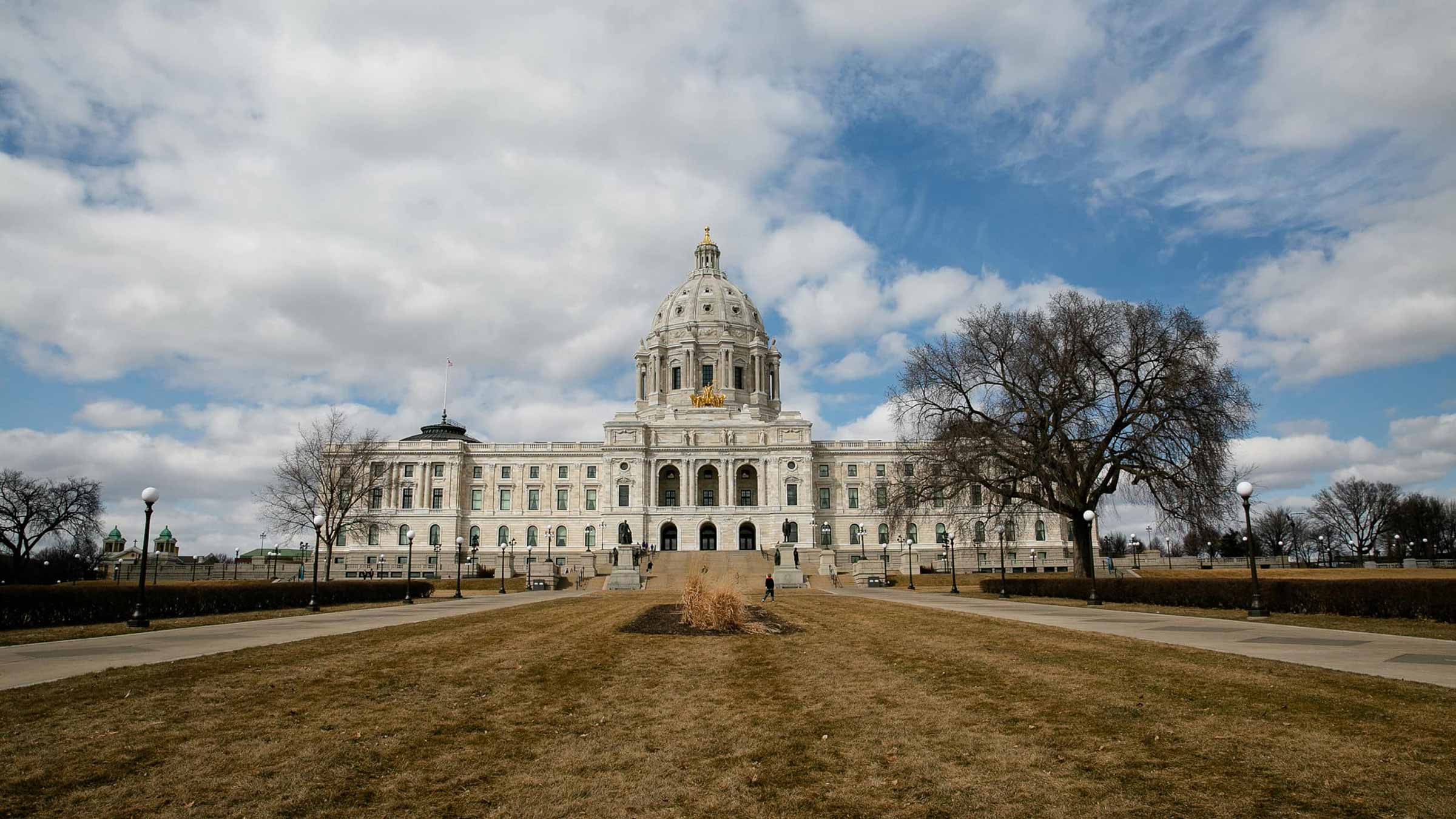
While COVID-19 has required the Minnesota Legislature to convene virtually, floor sessions and committee hearings continue to move emergency response proposals forward. During this time, it is important that we continue to advocate for funding and programs that help our neighbors who need assistance during this pandemic and beyond.
Greater Twin Cities United Way recently testified in support of additional funding for rental assistance through the Family Homeless Prevention and Assistance Program (FHPAP) at hearings held last week in both the House and Senate.
Acooa Ellis, Senior Vice President of Community Impact, recently wrote an op-ed in MinnPost about the need for increased investment in emergency funding to prevent homelessness. Last week, she testified to members of the House Housing Finance and Policy Division, and I testified to members of the Senate Agriculture, Rural Development and Housing Finance Committee.
During the House committee hearing, Rep. Alice Hausman (DFL-St. Paul) noted that many people impacted by COVID-19-related business closures were only “one missed paycheck away” from not being able to pay their bills, putting them at risk of imminent homelessness.
Rep. Hausman’s bill, HF4541, would provide $100 million in emergency housing assistance grants to help people who have lost income due to COVID-19 to avoid homelessness and maintain stable housing.
In addition to United Way, several organizations and government leaders testified in support of the funding. Attorney General Keith Ellison testified that late payments of rent in the state have doubled, and Minnesota still has “a real serious problem” in this area. Housing Commissioner Jennifer Ho said, “It’s in the interest of…public health that people be able to stay at home.”
The funding would go through the Minnesota Housing Finance Agency’s existing Family Homeless Prevention and Assistance Program (FHPAP), which would allow the process to work as quickly and smoothly as possible. It’s expected housing assistance needs will continue to rise, particularly with many rent and mortgage payments due again on May 1.
In addition to rental assistance, the funding would also be available to help with mortgage payments, homeowner fees, mobile home lot rent, homeowner’s insurance, payments on a contract for deed, utility payments and property taxes. To be eligible, people would need to be unable to pay the money owed as a direct or indirect result of the public health emergency and have income at or below 300 percent of the federal poverty guidelines.
The bill passed the House committee and now goes to the House Ways and Means Committee. The Senate bill was laid over for further discussion before a formal committee vote will be called.
During the hearings, United Way shared information from our 211 resource helpline, showing a dramatic increase in Twin Cities residents concerned about losing their housing.
In the last two weeks of March, United Way 211 resource specialists referred 446 percent more callers from Hennepin County to rent assistance resources compared to last year. In Ramsey County, the increase was 246 percent.
In surrounding counties, the increase in rent assistance requests was even higher: 900 percent increase in Anoka County, 833 percent increase in Washington County and 716 percent increase in Dakota County.
These needs, in addition to what we’re hearing from our nonprofit partners, are why United Way is supporting a significant investment in emergency funding for the Family Homeless Prevention and Assistance Program.